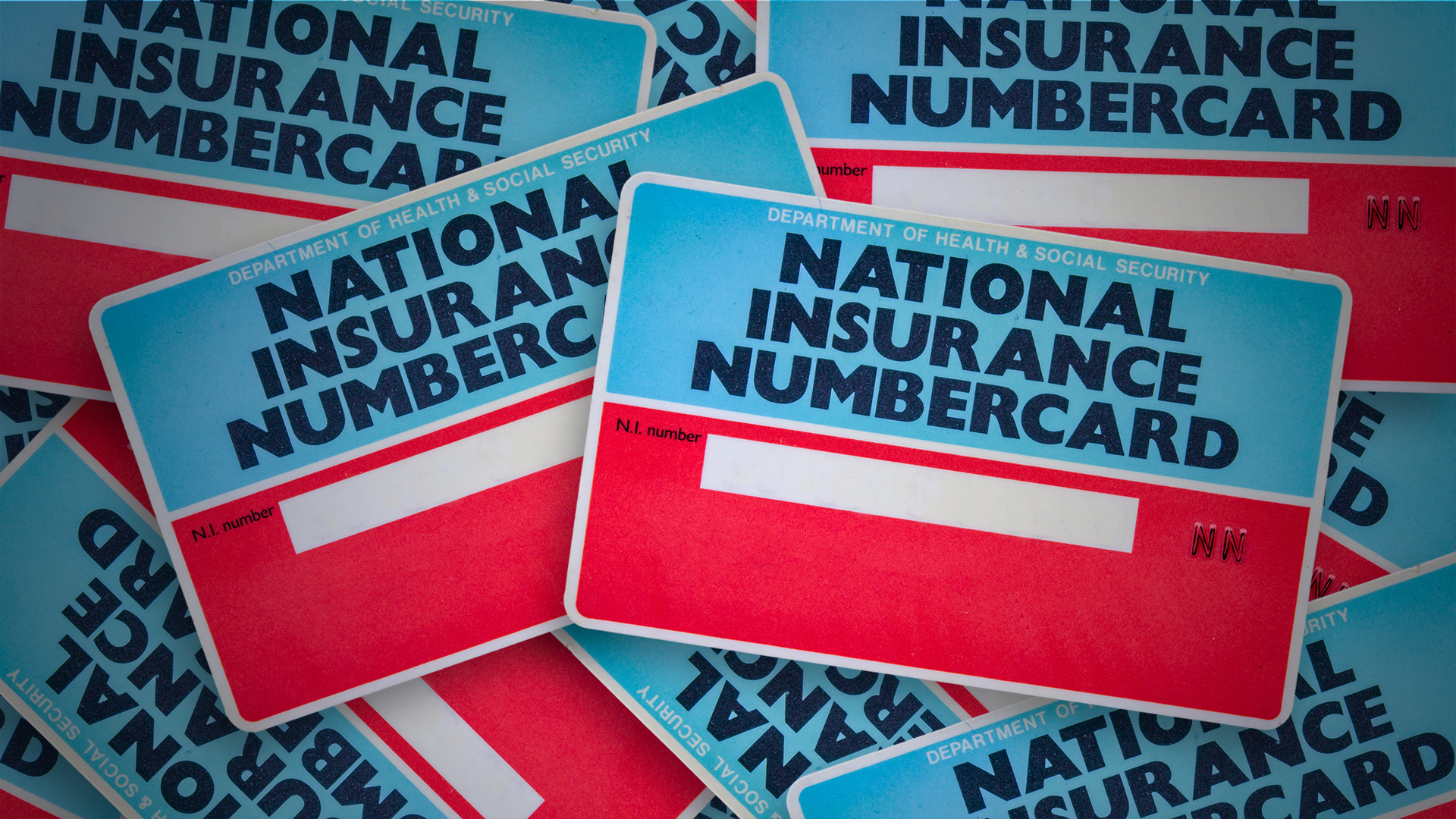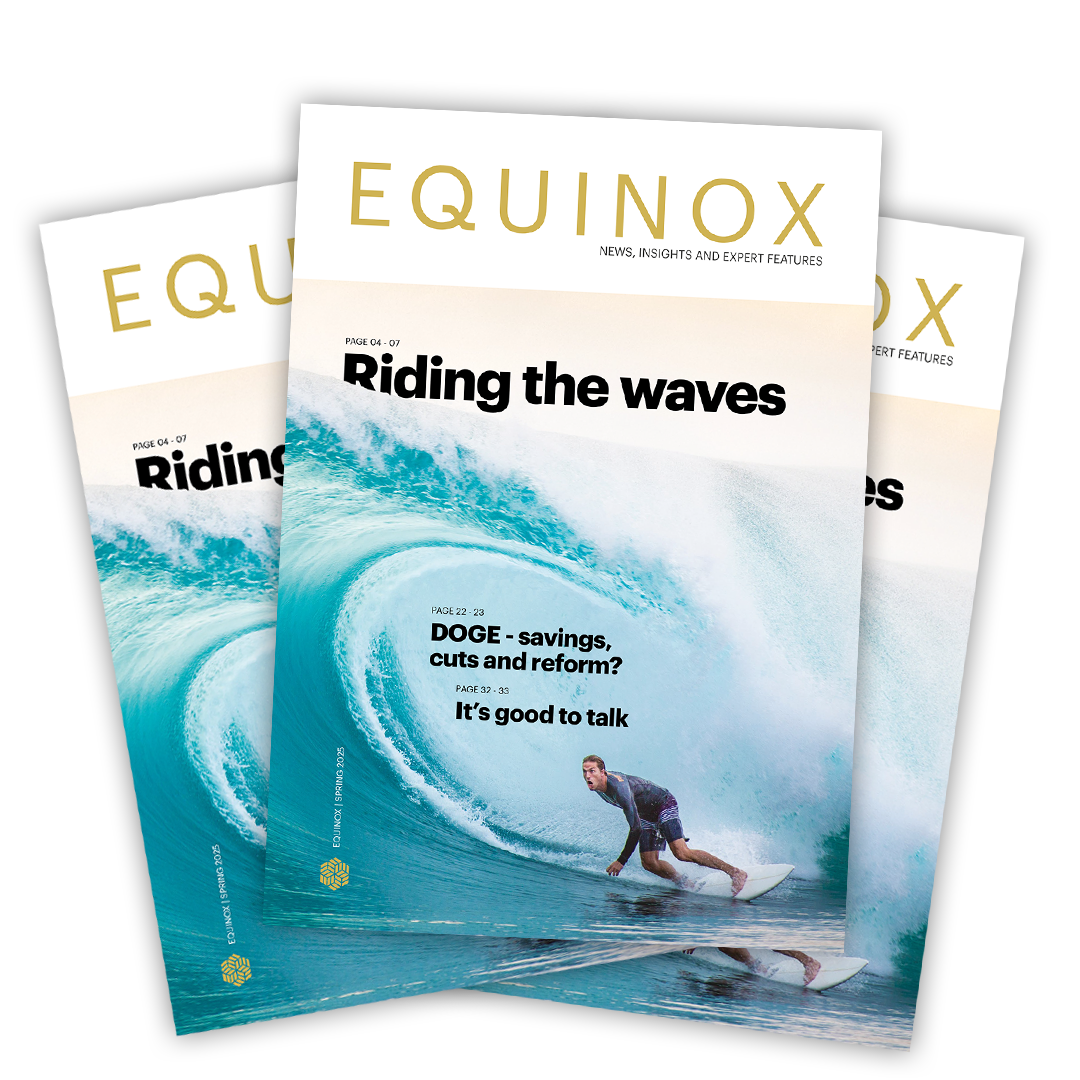Most people will probably be familiar with National Insurance as a concept. It is generally deducted on a monthly basis from the payslip of those in an employed position with sufficient weekly earnings; the self-employed generally account for it by means of their tax return.
National Insurance receipts are used by the government to fund a variety of public spending including social security benefits, the National Health Service and the State Pension.
What is Class 3?
These are voluntary contributions that people pay to avoid or fill gaps in their national insurance record. These gaps can affect benefit entitlement for example, State Pension income.
What do I pay and what do I get for it?
National Insurance is only payable by those whose earnings exceed the primary threshold, which for 2023/24 and the foreseeable future will be £242 per week. However, there is a handy little rule which states that those with earnings below this level, but above what is known as the ‘lower earnings limit’ (currently £123 per week), will be credited with NI contributions even though they have not actually paid any.
When it comes to the State Pension, 35 qualifying years are required in order to receive a full flat-rate State Pension. The flat rate pension applies to anyone reaching State Pension age on or after 6 April 2016. A qualifying year is one in which an individual is credited with NI contributions under the criteria above.
The full flat rate State Pension for 2023/24 is £203.85, having benefitted from a huge CPI-linked increase of 10.1% from the previous year. This is available to those with 35 qualifying years or more. Those with a lower number of qualifying years will be awarded a proportionate entitlement.
Example:
Sarah reaches her state pension age in August 2023, having accrued an entitlement of 30 qualifying years.
Her flat rate entitlement will be:
30/35 x £203.85= £174.73 per week.
This is subject to a minimum qualifying requirement of 10 years, below which people will receive nothing.
Do I need to have reached the earnings threshold?
Not always.
Some people, for example, those who are in full-time education, receive employment and support allowance, carer’s allowance, or child benefit, may receive NI credits despite not having sufficient earnings.
However, historically, the system was not always so generous. Plus, the minimum pension age is a decade below the state pension age. Therefore, people who have taken significant time out from their careers and/or opted to retire early are at risk of missing out.
Class 3 National Insurance is intended to address this risk by allowing people who don’t have sufficient qualifying years to purchase them. You can do this by paying a sum which is equivalent to £17.45 per week, or £907.40 per annum (2023/24 rates) to His Majesty’s Revenue & Customs (‘HMRC’).
What does this buy me?
You may be wondering what you get for your one-off lump sum of £907.40. Well, you get a qualifying year. And for your qualifying year, you get 1/35 of the full State Pension. Or, put another way, £5.82 per week at current rates. Now that might not sound like a fortune but on an annualised basis, your £5.82 suddenly becomes £302.86.
When you consider that, statistically, the average life expectancy at age 66 (the current state pension age) is 85 for a man and 87 for a woman (Source: Office for National Statistics), that’s 19 and 21 years’ worth of payments respectively. By which time, your £302.86 becomes £5,754 (19 years) or £6,360 (21 years) in today’s money.
To put this into perspective, imagine you were to invest your £907.40 in the stock market instead. You would need a year-on-year return of over 35% per annum in order to withdraw the same income stream without running out of money. *
*Assumes £907.40 is invested at the start of the year, with an income starting at £302.86 and increasing at a steady rate of 2% per annum being withdrawn over a period of 20 years.
Sounds too good to be true…
What’s the catch?
Well, there isn’t one per se. However, Class 3 NI contributions are subject to a strict time limit. You have to pay them within six years of the end of the tax year to which the shortfall relates.
In other words, if you don’t earn any NI credits for the tax year 2022/23 and wish to purchase a top-up via Class 3 NI contributions, the deadline would be 5 April 2029. Surprisingly, it is even possible for Class 3 contributions to be paid by those who have already reached state retirement age.
But I’m short by ten years…
Now the good news. Those of you who follow budgetary matters closely will be aware that prior to 6 April 2016, under the old system, qualification for the full basic State Pension only required 30 qualifying years.
In recognition of the fact that some people would be unfairly disadvantaged by the sudden change, a transitionary concession was introduced. This basically meant that Class 3 NI contributions could be made for any tax year back to 2006/07.
The concession was due to end on 5 April 2023, the end of the current tax year. However, due to a backlog of applications, the deadline has been extended until 31 July 2023. This gives a golden opportunity for a potentially valuable income stream to be purchased at a relatively modest cost.
If you are wondering whether this would be of benefit to you, you can contact the Future Pension Centre (for those yet to reach state pension age) or the Pension Service. Alternatively, if you’re a client and would like to discuss the matter further, please get in touch via your usual Equilibrium contact, or if you are new to Equilibrium please contact us here.
This article is for information only and is not intended to constitute regulated investment advice.
The State Pension is paid only until the date of your death and, unlike cash or an invested pension pot, cannot normally be inherited by your beneficiaries.
In the event of your death in the early years, you may receive back less than you paid in Class 3 National Insurance. This course of action may not be suitable for those in poor health.
If you have any further questions, please don’t hesitate to contact us. If you’re a client you can reach us on 0161 486 2250 or by getting in touch with your usual Equilibrium contact. For all new enquiries please call 0161 383 3335.



